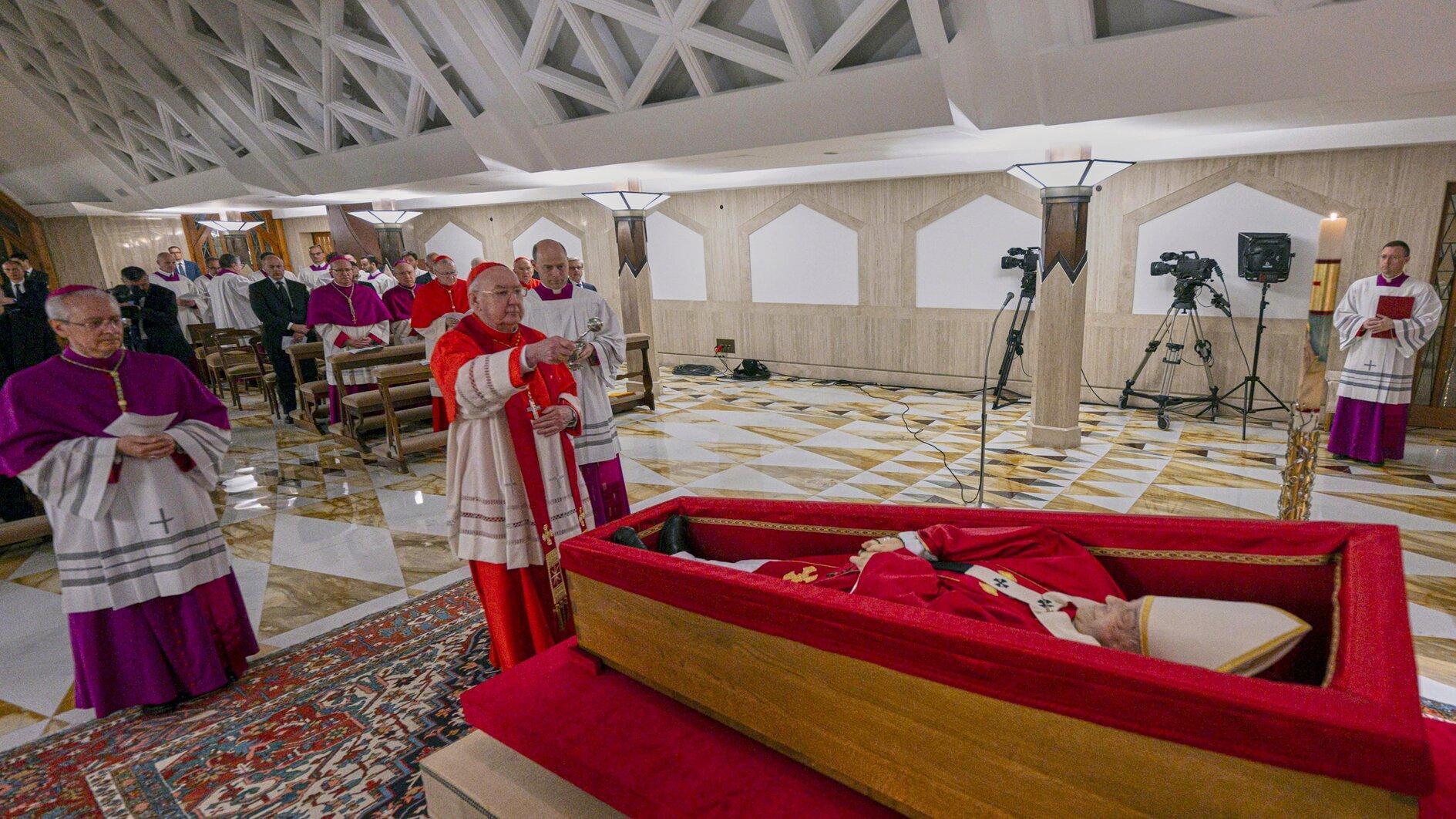Law and liberalism
Prof. Atilla Yayla criticized me in his column in the new daily Yeni Yüzyıl. He stated that I was constantly criticizing the government on legal matters, adding that unlawful conduct was not new and has been ongoing since the single-party era. He emphasized the government was involved in a just struggle against the “community.”
I phoned him and told him that, as a columnist, of course I was writing on current affairs. I was criticizing the “tutelage” law yesterday; today I am criticizing “the law of the powerful.”
Prof. Yayla recently criticized the Constitutional Court (AYM) in his column. He explained that the government was fighting against the “Gülen Community” structures within the justice system and that “criminal courts of peace were leading” this struggle.
In the liberal philosophy I know, justice does not lead any political fight; it does not even choose a side. They are umpires; they distinguish the guilty from the innocent.
Prof. Yayla praised Constitutional Court President Zühtü Arslan in his column, saying that he would never do anything that did not suit his conscience: “However, no matter what Arslan’s position is, it is claimed that the community is powerful enough to make the Constitutional Court reach any decision they wish. It is a public secret that a significant portion of the rapporteurs are from the ‘community.’ Several writers and politicians say that AYM decisions should be respected. Of course, but if the matter is to respect law and justice, then the ones who made the decision to appoint a board of trustees are also judges.”
I do not agree with Prof. Yayla.
Criticizing AYM
I believe in criticizing court decisions not because something is “claimed,” but because they should be criticized in terms of the law. In the decision about the release of jailed journalists Can Dündar and Erdem Gül, there were three AYM judges who voted dissentingly. When the decision is published, we will see the justification of the dissenting votes.
I guess it would have been appropriate to wait for these to be published before criticizing practice and doctrine, and it would have been more suitable with Prof. Yayla’s academic and liberal features.
AYM President Arslan, according to Prof. Yayla, is a person who would never do anything against his conscience, but at the same time he would reach a decision according to the reports of the members of the “community” who are “claimed to be” influential in the top court.
I exclude Arslan, who I know through his books and academic articles, and other AYM judges from this. There are already several AYM decisions that are different from the reports of the rapporteurs, and especially many dissenting vote texts.
Mustafa Şentop, a Justice and Development Party (AK Party) deputy from Thracian Tekirdağ province, announced that it was Arslan who cleansed those rapporteurs “claimed” to be from the community from the top court.
Rule of law
Politics ask the question: “Who?” Law, on the other hand, asks: “How?” In other words, behaviors are reviewed according to whether or not they are in line with the law. What will safeguard that is the principle of rule of law. In our country, unfortunately, because of several historic reasons, it is not rule of law but rather ideology and politics that rule more than law.
It was like this yesterday; it is like this also today, only the direction has changed.
I am trying to contribute to the culture of rule of law with my articles and doing as much as I can. Political parties and my own political choices come after this.
Well, what does law rule over? Law rules over everybody and every power that has the authority to violate it.
This should be one of the fundamental principles of liberal philosophy.











